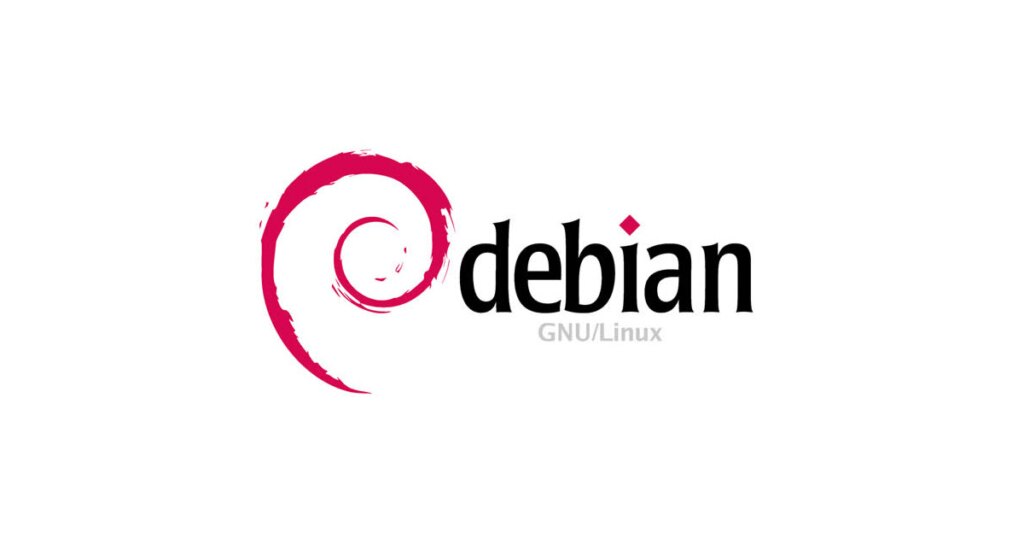17 Sicherheitslücken wurden im Linux Kernel geschlossen. Die Lücken ermöglichen die Rechteausweitung und das erlangen von sensiblen Informationen. In Debian wurden die Lücken im Kernel von Bullseye ab 5.10.149-1 geschlossen.
CVE-2021-4037
Christian Brauner reported that the inode_init_owner function for the XFS filesystem in the Linux kernel allows local users to create files with an unintended group ownership allowing attackers to escalate privileges by making a plain file executable and SGID.
CVE-2022-0171
Mingwei Zhang reported that a cache incoherence issue in the SEV API in the KVM subsystem may result in denial of service.
CVE-2022-1184
A flaw was discovered in the ext4 filesystem driver which can lead to a use-after-free. A local user permitted to mount arbitrary filesystems could exploit this to cause a denial of service (crash or memory corruption) or possibly for privilege escalation.
CVE-2022-2602
A race between handling an io_uring request and the Unix socket garbage collector was discovered. An attacker can take advantage of this flaw for local privilege escalation.
CVE-2022-2663
David Leadbeater reported flaws in the nf_conntrack_irc connection-tracking protocol module. When this module is enabled on a firewall, an external user on the same IRC network as an internal user could exploit its lax parsing to open arbitrary TCP ports in the firewall, to reveal their public IP address, or to block their IRC connection at the firewall.
CVE-2022-3061
A flaw was discovered in the i740 driver which may result in denial of service. This driver is not enabled in Debian’s official kernel configurations.
CVE-2022-3176
A use-after-free flaw was discovered in the io_uring subsystem which may result in local privilege escalation to root.
CVE-2022-3303
A race condition in the snd_pcm_oss_sync function in the sound subsystem in the Linux kernel due to improper locking may result in denial of service.
CVE-2022-20421
A use-after-free vulnerability was discovered in the binder_inc_ref_for_node function in the Android binder driver. On systems where the binder driver is loaded, a local user could exploit this for privilege escalation.
CVE-2022-39188
Jann Horn reported a race condition in the kernel’s handling of unmapping of certain memory ranges. When a driver created a memory mapping with the VM_PFNMAP flag, which many GPU drivers do, the memory mapping could be removed and freed before it was flushed from the CPU TLBs. This could result in a page use-after-free. A local user with access to such a device could exploit this to cause a denial of service (crash or memory corruption) or possibly for privilege escalation.
CVE-2022-39842
An integer overflow was discovered in the pxa3xx-gcu video driver which could lead to a heap out-of-bounds write. This driver is not enabled in Debian’s official kernel configurations.
CVE-2022-40307
A race condition was discovered in the EFI capsule-loader driver, which could lead to use-after-free. A local user permitted to access this device (/dev/efi_capsule_loader) could exploit this to cause a denial of service (crash or memory corruption) or possibly for privilege escalation. However, this device is normally only
accessible by the root user.
CVE-2022-41674, CVE-2022-42719, CVE-2022-42720, CVE-2022-42721, CVE-2022-42722
Soenke Huster discovered several vulnerabilities in the mac80211 subsystem triggered by WLAN frames which may result in denial of service or the execution or arbitrary code.
Weitere Informationen: https://security-tracker.debian.org/tracker/source-package/linux
Interessiert in verschiedenste IT Themen, schreibe ich in diesem Blog über Software, Hardware, Smart Home, Games und vieles mehr. Ich berichte z.B. über die Installation und Konfiguration von Software als auch von Problemen mit dieser. News sind ebenso spannend, sodass ich auch über Updates, Releases und Neuigkeiten aus der IT berichte. Letztendlich nutze ich Taste-of-IT als eigene Dokumentation und Anlaufstelle bei wiederkehrenden Themen. Ich hoffe ich kann dich ebenso informieren und bei Problemen eine schnelle Lösung anbieten. Wer meinen Aufwand unterstützen möchte, kann gerne eine Tasse oder Pod Kaffe per PayPal spenden – vielen Dank.

Pingback:Linux Security Kernel DSA-5257-2 Regression Update – TASTE-OF-IT